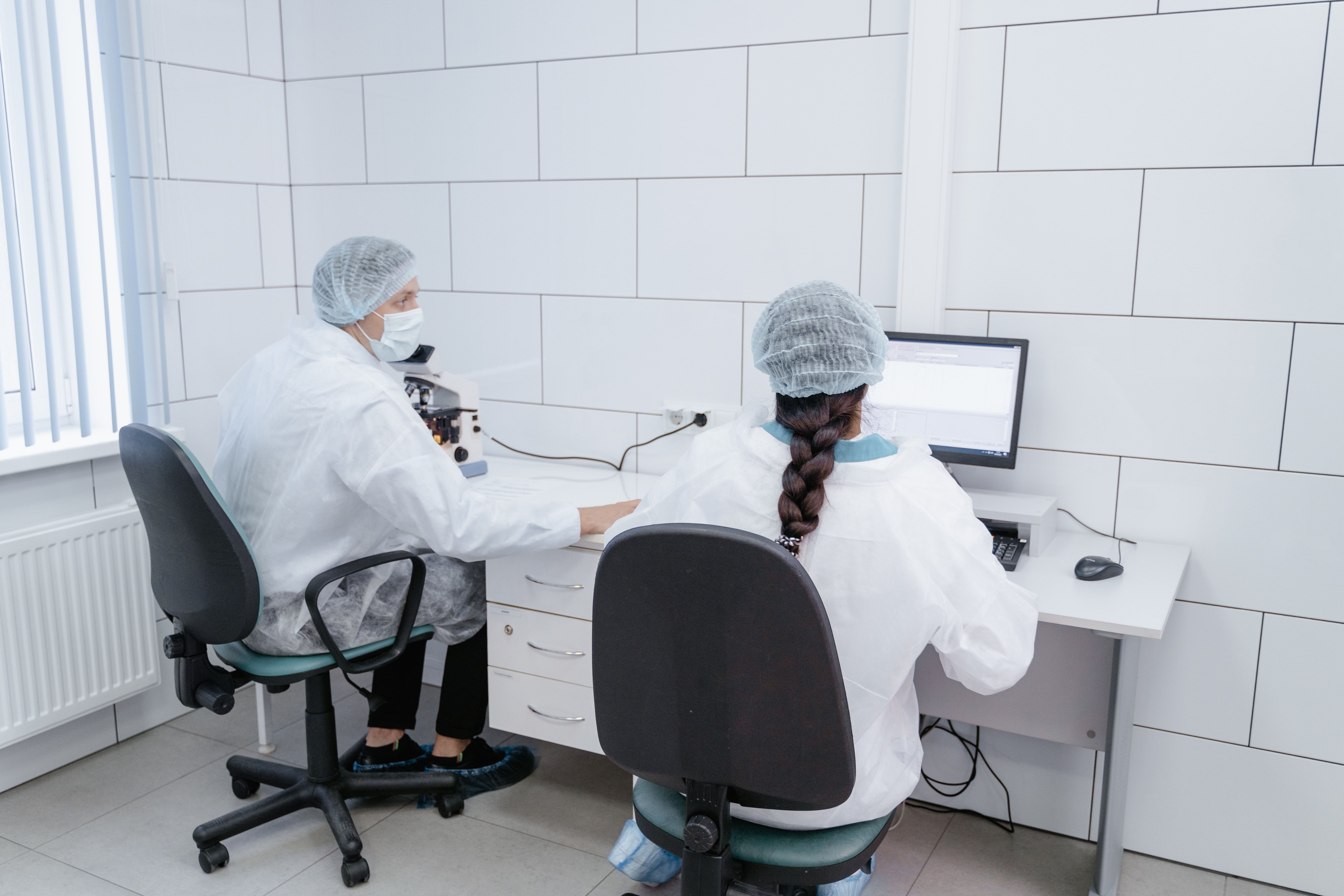Article
High Failure Rate for Potential Fecal Microbiota Transplantation Donors
Author(s):
Potential donors are denied for a variety of reasons, including high body mass index, underlying chronic illnesses, or the use of antibiotics within 3 months.

While fecal microbiota transplantation (FMT) has shown efficacy for refractory Clostridioides difficile infections (CDI), it is difficult to find suitable, healthy donors.
A team, led by Yuk Kam Yau, Center for Gut Microbiota Research, Faculty of Medicine, The Chinese University of Hong Kong, examined the outcomes of screening and recruitment of fecal donors for fecal microbiota transplantation.
Fecal Microbiota Transplantation
There have been a number of clinical trials focusing on the efficacy and safety of FMT involving long-term, health, and regular fecal donors. Fecal microbiota transplantation is a procedure where healthy donor stool is infused to rectify the recipient’s intestinal microbial community by introducing micro-organisms associated with a health state to normalize microbiota composition and function.
“Currently, FMT is recognized as an effective and approved therapy for recurrent or refractory Clostridioides difficile infection (CDI) with a cure rate of around 90% in patients who did not respond to antibiotic therapy,” the authors wrote. “There is a growing body of literature exploring the efficacy of FMT in treating other gastrointestinal diseases, including inflammatory bowel disease (IBD), irritable bowel syndrome, chronic constipation, and pouchitis.”
The treatment has also been examined for diseases beyond the gastrointestinal tract, including for metabolic diseases like diabetes mellitus, obesity, and neurological disorders including Parkinson disease and autism.
Screening Failures
Potential FMT donors underwent a pre-screening telephone interview, a detailed questionnaire, and blood and stool investigations. Between 2017-2020, the investigators assessed 119 potential donors, 75 of which failed for a variety of reasons including inability to come back for regular and long-term donation (n = 19), high body mass index (n = 17), underlying chronic illness or on long-term medications (n = 11), being healthcare professionals (n = 10), use of antibiotics within 3 months (n = 5) and others (n = 13).
A total of 44 donors completed questionnaires, while 11 participants did not fulfill the clinical criteria. For the remaining 33 donors with both stool and blood tests, 21 failed the stool investigations.
Of this subgroup, 19 had extended-spectrum beta-lactamase (ESBL) organisms, 1 had a Clostridioides difficile infection, and 1 had C difficile with Methicillin Resistant Staphylococcus aureus.
There was also 1 failed blood test due to high serum alkaline phosphatase level, 1 participant who required long-term medication, and 9 individuals who withdrew consent and/or lost to follow-up.
The investigators found only 1 (0.8%) of the entire recruited 119 potential donors was successfully recruited as a regular donor.
“There was a high failure rate in donor screening for FMT,” the authors wrote. “Main reasons for screening failure included high prevalence of positive ESBL organisms in stool and failed commitment to regular stool donation.”
The study, “High prevalence of extended-spectrum beta-lactamase organisms and the COVID-19 pandemic impact on donor recruitment for fecal microbiota transplantation in Hong Kong,” was published online in the United European Gastroenterology Journal.




